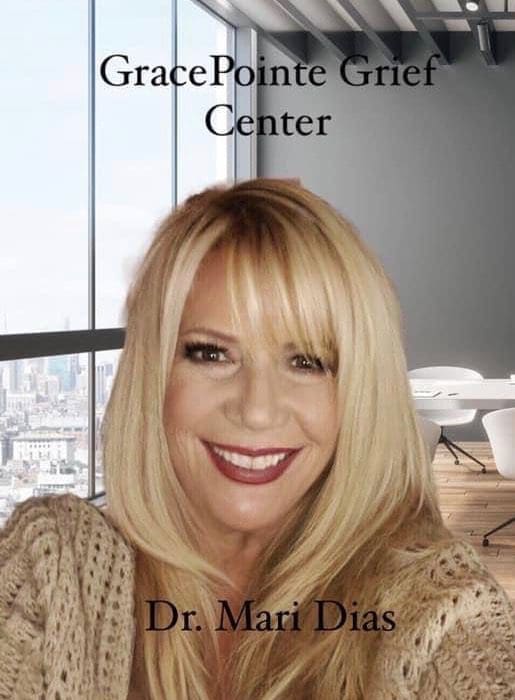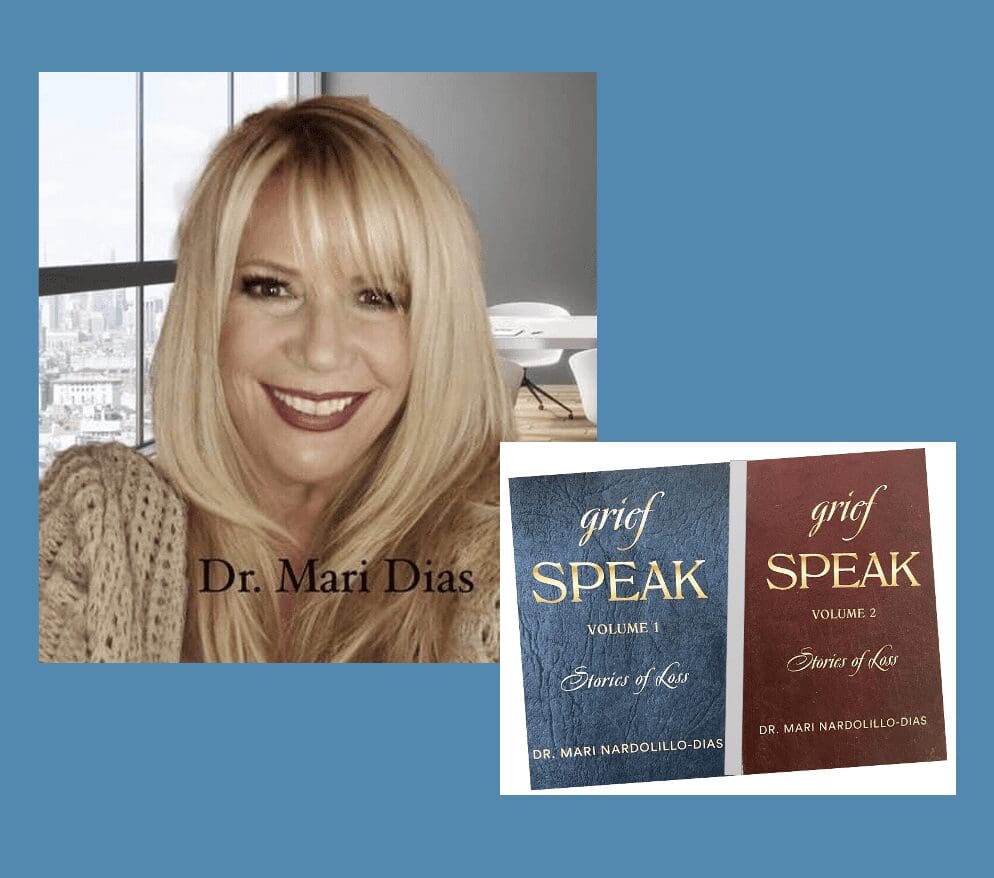Search Posts
Recent Posts
- RI Veterans: Did you know? 12.06.25 (Memorial Day, Vets Cemetery, Events, Resources) – John A. Cianci June 12, 2025
- We Cook! Mill’s Tavern’s Mediterranean Seared Salmon, Olive Tapenade, Artichoke Hearts, Roasted Red Pepper Tahini June 12, 2025
- Why more Rhode Islanders are choosing Heat Pumps over traditional AC this summer June 12, 2025
- CNAs to be trained at URI in administering medication in state facilities June 12, 2025
- Rhode Island Weather for June 12, 2025 – Jack Donnelly June 12, 2025
Categories
Subscribe!
Thanks for subscribing! Please check your email for further instructions.

GriefSPEAK: Doorknob Confessions – Mari Nardolillo Dias
By: Mari Nardolillo Dias
Most therapists as well as medical doctors are familiar with the phenomenon of the doorknob confession. This term is used when a therapy session or a medical appointment is just winding down and the client/patient reveals something that makes our professional heads spin. We’ve just spent an hour with the client/patient and just as they put their hand on the doorknob to leave, they stop and turn to state, “Oh, one more thing…”
Why does this occur? Even when clients/patients come in with lists of questions and significant points of information, the doorknob confession is often inevitable. Oftentimes clients will bring up a death of a loved one, childhood abuse, suicidal ideation, addiction relapse or a significant breakup” (byrdie.com). Some professionals suggest that there may be a “shroud of shame and guilt” and/or clients may be concerned that the disclosure will change our perception. We won’t. We will not judge – although we may experience whiplash because this “truth bomb” could have been discussed during the entire session! According to Catherine Stack, “telling truths at the last minute might feel safer. It allows the client/patient to avoid, control or limit the transaction.”
What we do know is that doorknob confessions can be shocking but are the reality of the moment. I had a student who participated in a relaxation exercise prior to a midterm exam. He, along with the entire class, completed a disclaimer statement and responded to a series of questions that if affirmative, would make them ineligible for the exercise. Variables included certain medications, brain injuries, concussions, triggers from childhood, etc. I facilitated the relaxation exercise and everyone “came back” except one student who, when I brought him out individually, reacted in a violent, aggressive manner. Following 4 sessions that processed this experience, all which included prompting questions, he said, “Well, when I was sixteen, I was in a severe car accident – I hit a tree head on – and was in a coma for 3 months. I have a metal plate in my head. Neurologists tell me I have “selective amnesia, (not explained by brain damage) because I can’t remember anything from my birth until the day of the accident. Wow! Whiplash. I concluded that the relaxation exercise provided an opportunity for him to go deeper into hypnosis where the psychological selective amnesia information, hidden and protected for so long, seeped through and sixteen years of memories came flooding through to his conscious mind.
Take another instance. A medical patient presents in the Emergency Department with dehydration, fever, and elimination issues. The doctor takes a thorough medical history including medications, surgery, existing medical problems, etc. and concurs that it might be Cdiff. When the Cdiff results prove negative, the medical staff is baffled. However, liver function tests reveal an abnormality – but what? And why? On the fifth day of hospitalization, upon discharge, the patient meets with the doctor, signs the papers and as they are walking out the door, turns and nonchalantly states: “I did some psychedelic mushrooms last week. I’m not sure where they were foraged, but they had a very woody taste. Do you think that may have caused my physical problems?” Another whiplash!
I suspect this doorknob confession phenomena occurs in conversations in relationships as well. We say all that we think is on our mind, but upon conclusion of the conversation we hug and utter one powerful, provocative sentence that shadows all other disclosures. A dear friend shared a Garth Brook’s quote, “Bury the hatchet, but keep the handle sticking out.” Perhaps our effort at burying the handle, as well, is in fact, our doorknob confession.
___

Dr. Mari Dias is a nationally board-certified counselor, holds a Fellow in Thanatology and is certified in both grief counseling and complicated grief. Dias is a Certified death doula, and has a Certificate in Psychological Autopsy.
She is Professor of Clinical Mental Health, Master of Science program, Johnson & Wales University. Dias is the director of GracePointe Grief Center, in North Kingstown, RI. For more information, go to: http://gracepointegrief.com/
*
Dias is the author of GriefSPEAK, Vols. I and II


Wonderful article!
Thank you so much Paula!